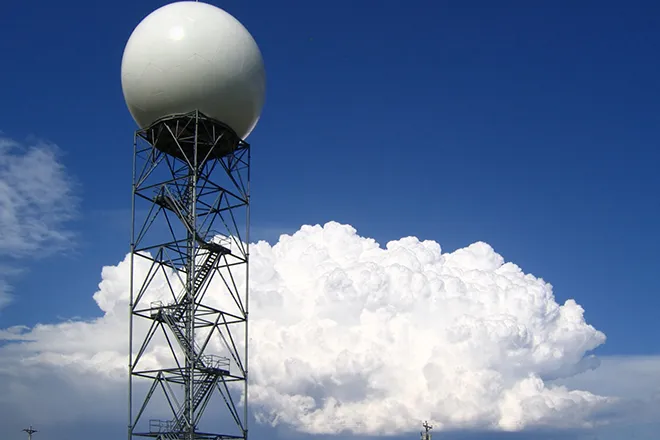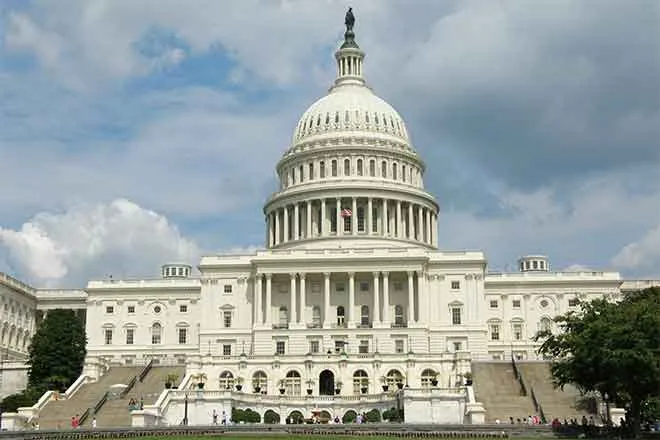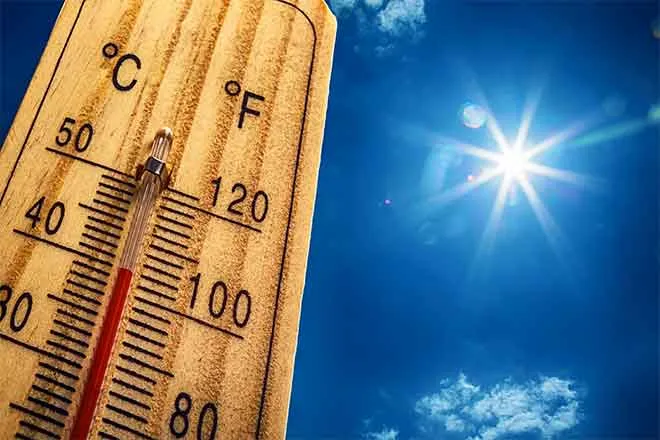
Conservation groups: far-reaching clean water protections in peril
(Texas News Service) Fifty years ago this week, Congress passed the Clean Water Act, allowing policymakers in the 50 states to limit pollution, prosecute polluters and fund clean-water restoration efforts. Now, it's in jeopardy.
Backers of the Clean Water Act fear the health of about half the nation's streams and wetlands are at risk as the Supreme Court weighs a case that could curtail the longstanding protections.
Amanda Fuller, regional executive director of the National Wildlife Federation in Texas, said the 1972 law passed with bipartisan support, likely in direct response to the post-war proliferation of untreated sewage and industrial discharge in waterways across the country.
"If folks recall, images of rivers on fire was quite alarming," she said, "and I think it was just a moment of reckoning for the nation."
The case under consideration by the Supreme Court, Sackett v. the EPA, would weaken the agency's ability to safeguard water quality. During the initial hearing earlier this month, several conservative court justices expressed concern about the law's broad reach.
Fuller said ephemeral streams, those that flow only when it rains, account for about 80 percent of all streams in the West.
"And that comes out to 2,183 streams in Texas that essentially are at risk from losing protection from the Clean Water Act, if the Supreme Court rules in favor of the Sacketts." she said.
Fuller cited a poll by Morning Consult that shows 75 percent of adults want more waterways protected, and four in five want the Environmental Protection Agency - rather than Congress, state, or local governments - to continue taking the lead in protecting clean water.
















